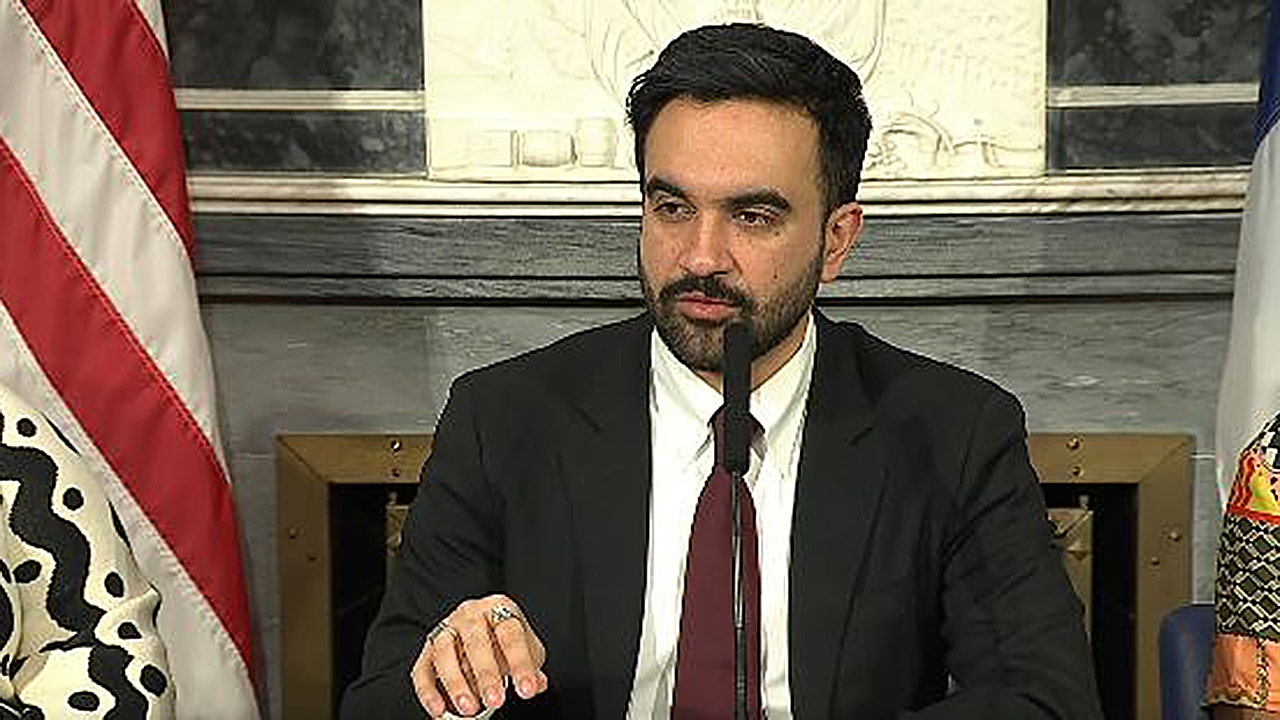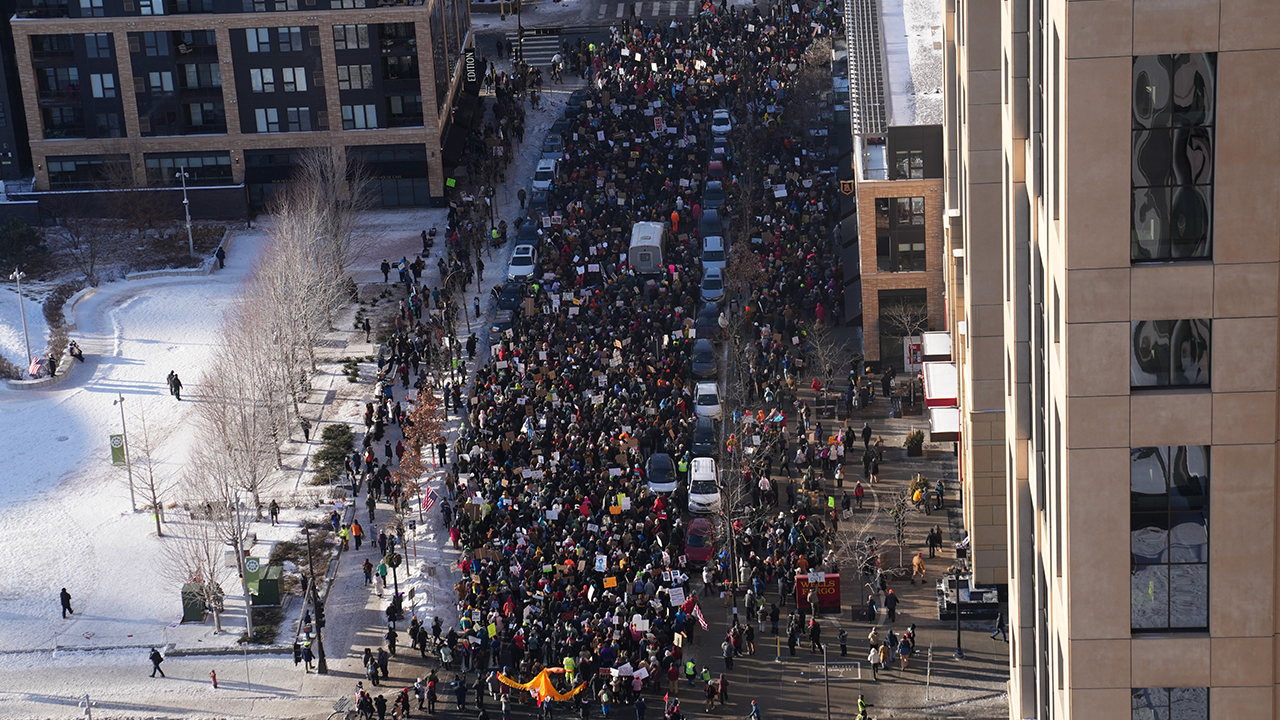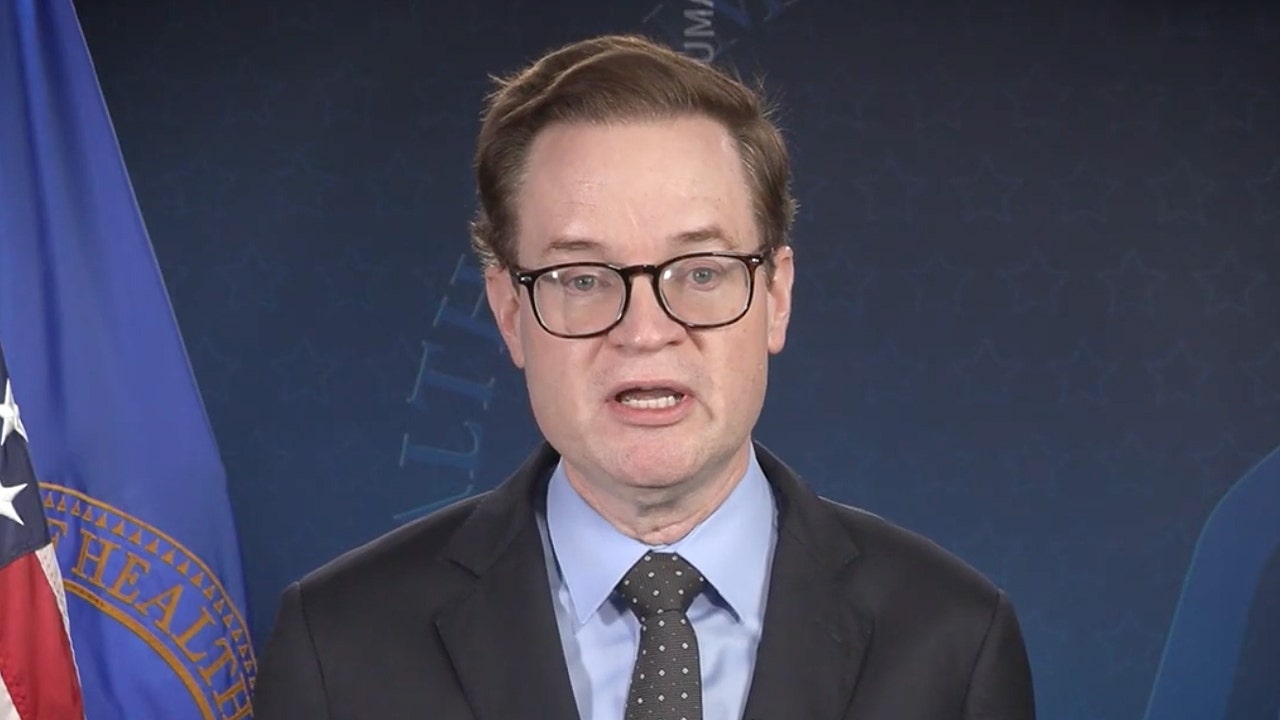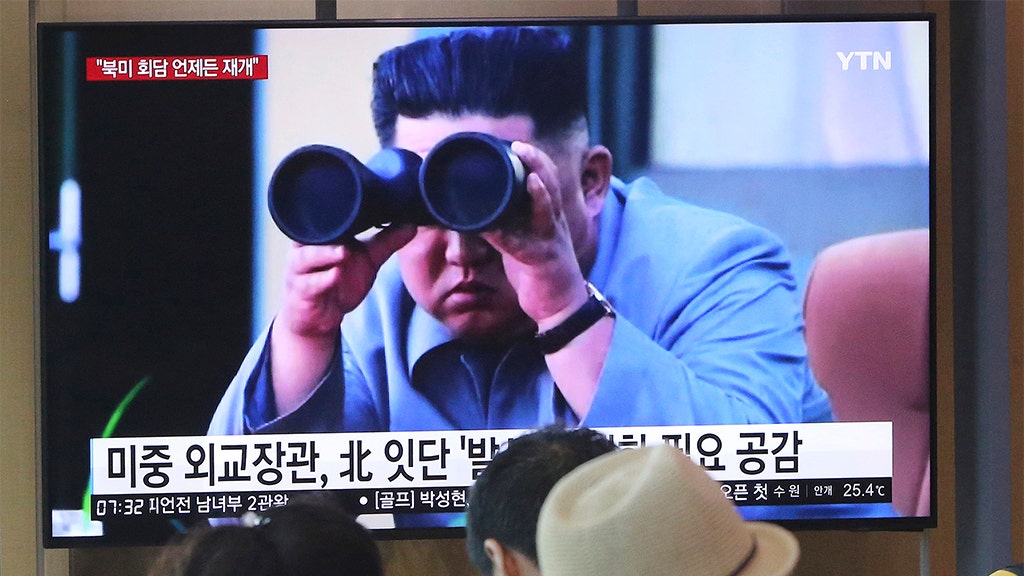‘The numbers don’t lie,’ said Maryland Public Policy Institute fellow Sean Kennedy
Homicides and other types of violent crime are dropping precipitously in the crime-ridden city of Baltimore. It started shortly after voters fired their progressive Soros-backed prosecutor in 2022—and experts say that’s no coincidence.
Baltimore’s homicide rate soared after state’s attorney Marilyn Mosby took office in 2015 on a progressive platform of refusing to prosecute low-level crimes while aggressively charging police officers including those involved in the death of Freddie Gray, a black man who died from injuries sustained while in custody. Those officers were ultimately acquitted, but Mosby’s policies still had a chilling effect on the Baltimore Police Department. Arrests plummeted under Mosby’s watch as homicides jumped from an average of 229 per year before she took office to 333 per year during her eight years as state’s attorney, according to figures compiled by the Heritage Foundation.
By July 2022, Baltimore voters had enough. Mosby lost her primary election to her Democratic challenger, Ivan Bates, who pledged to reverse her progressive non-prosecution policies and put in place harsher penalties for repeat violent offenses and illegal gun possession.
By all appearances, it worked.
In 2022, Mosby’s last year in office, Baltimore saw 334 homicides across the city. The next year, under Bates’s watch, that number dropped to 262. In 2024, it dropped further to 202 homicides. And during the first half of 2025, Baltimore saw just 68 homicides, a 62 percent drop from the same timeframe in 2022. Auto thefts are also down 34 percent, robberies are down 22 percent, and arson is down 10 percent in Baltimore so far in 2025 compared to the same timeframe last year.
“The numbers don’t lie,” Maryland Public Policy Institute fellow Sean Kennedy told the Washington Free Beacon. “Ivan Bates’s model of targeting the most violent or violence-prone offenders (gun carrying criminals) is the primary driver of Baltimore’s miraculous success.”
“Homicides only started dropping when Bates came in and signaled that carrying guns meant prison,” Kennedy said.
Mosby was often missing in action as violent crime ran rampant in Baltimore on her watch from 2015 through early 2023. She lounged at five-star hotels in Germany and Portugal as part of the 23 out-of-town trips she took in 2018 and 2019, several of which were sponsored by nonprofit organizations including Fair and Just Prosecution, a dark money group funded by billionaire financier George Soros’s Open Society Foundations that trains and supports progressive prosecutors. And in January 2022, a federal grand jury indicted Mosby on charges of mortgage fraud and perjury related to her two vacation homes in Florida. She was convicted on those charges in 2024 but an appeals court overturned her mortgage fraud conviction earlier this month.
To Rafael Mangual, the head of the Manhattan Institute’s Policing and Public Safety Initiative, Baltimore’s turnaround under Bates’s watch epitomizes a simple truth in law enforcement that Mosby and her fellow Soros-backed liberal prosecutors elected during the late 2010s and early 2020s lost sight of.
“There really isn’t any place that’s ever been able to gain control over a crime problem without the police, the prosecutors, and the jails and prisons playing a role,” Mangual told the Free Beacon. “That’s it.”
Nearly two dozen Soros-backed prosecutors across the country have been voted out of office since 2022 alongside Mosby, including Los Angeles County district attorney George Gascón and Chicago district attorney Kimberly Fox. Major cities across the country have instituted re-policing policies since 2022, which has contributed to a “statistically significant correlation” with reduced violent crime, according to a May 2025 study by the Law Enforcement Legal Defense Fund.
But some liberal Maryland officials have attributed Baltimore’s turnaround to other factors. That includes Baltimore mayor Brandon Scott (D.) who said his Group Violence Reduction Strategy (GVRS) initiative and other investments in non-police community organizations have been a primary driver in the reduction in violent crime.
Both Kennedy and Mangual said those sorts of progressive non-police interventions have, at best, a marginal impact on reducing crime.
“The mayor can bang on a drum all day about GVRS but the only thing that made his strategy a success was clanging jail house doors—prosecutors matter,” Kennedy said. “GVRS is sprinkles on a cake—pretty but empty calories.”
Mangual concurred. “People like Brandon Scott have trouble with getting around the reality that significantly reducing crime is always, has always, and will always require good policing and the ability to incapacitate offenders by putting them behind bars,” he said.
Read the full article here








